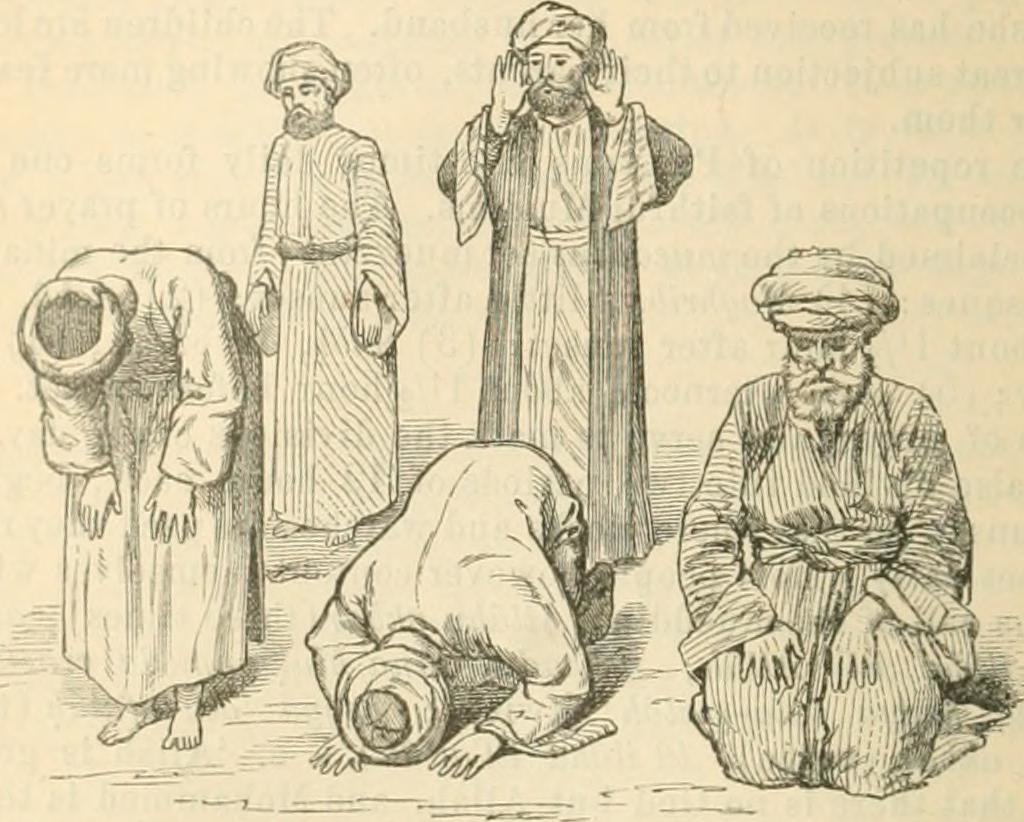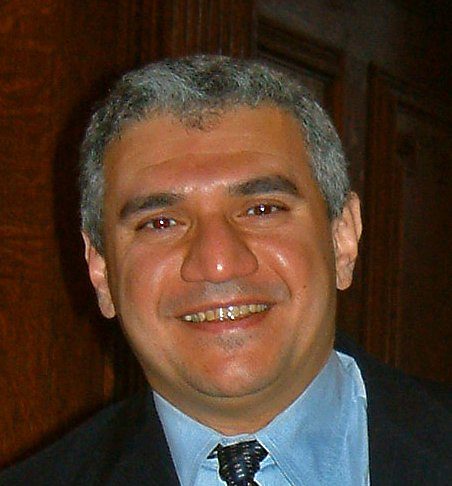
Sohaira Siddiqui’s intellectual biography of the important fifth-/eleventh-century Ashʿarī theologian and Shāfiʿī jurist, Imām al-Ḥaramayn Abū al-Maʿālī al-Juwaynī is an impressive achievement. Taking us into the turbulent world of Abbasid-Saljukid politics in the Iraqi-Persian heartland of the faltering Abbasid caliphate, Siddiqui successfully recreates the environment in which a scholar such as al-Juwaynī constantly experienced the existential dimension of politics. While living in turbulent political times was probably not personally optimal for al-Juwaynī, it was clearly a catalyst for his fertile mind, leading him to think deeply about the relationships between and among reason, revelation, and politics. Juwaynī, as a committed Ashʾarī, believes revelation is indispensable for the maintenance of a proper moral and social order. This creates an epistemological problem, however, because reveled knowledge, unlike rational knowledge, depends on the preservation of a unique moment in the past that cannot, by definition, be recreated. If we forget the Qurʾān, it is gone forever. If we forget the Pythagorean Theorem, by contrast, we can “re-discover” it through our common human reason. In short, humanity’s ability to preserve knowledge of revelation is an urgent problem for someone like Juwaynī: if we lack an effective method for the preservation of revelation and its truths, then humanity is forever barred from living in accordance with its true ends.
In this brief post, I wish to engage with Juwaynī’s solution to the problem of preserving religious knowledge against the inevitable ravages of time: embodiment of the law’s practices in the community, both writ large. I will do so by exploring the implications of what his theory means for what religious practices can survive in the conditions of modernity, and within relevant subcommunities of the larger Muslim community, such as the jurists, and his apparent willingness to turn from the textualism of the Shāfiʿī school to the practice-oriented view of the Mālikīs. The fragility of religious knowledge is an express theme of the Qurʾān: God sends prophets to humanity, but human beings always eventually manage to forget their teachings, leading God to send another prophet, but seemingly with always the same result: forgetting, in whole or in part, divine teachings. The Qurʾān even has a term to refer to this problem: exhaustion (fatra), the seemingly inevitable tendency of divine teachings to be lost with the passage of time.
Paradoxically, however, the cycle of remembrance followed by forgetfulness comes to an end with the Prophet Muḥammad, who brings an end to the era of prophets. With the end of prophecy, preservation of religion becomes entirely a human responsibility. Objectively, their chances of success seem dim. While the Qurʾān seems to guarantee that God will preserve the Qurʾān (al-Hijr, 15:9), the Prophet Muḥammad is portrayed as predicting the disappearance of religious knowledge as an inevitable result of the passage of time.
For example, Bukhārī reported in his collection of Prophetic reports the following text on this theme (Kitāb al-ʿIlm, Bāb Kayfa yuqbaḍ al-ʿilm [The Book of Knowledge: How Knowledge is Removed]):
ʿAbd Allāh b. ʿAmr b. al-ʿĀṣ said, ‘I heard the God’s Messenger (S) say, ‘God does not remove knowledge all at once from His servants, suddenly, but He rather removes knowledges as He removes the learned, one by one, as they die, until finally, no learned person remains, and then the people follow ignorant and foolish leaders who, when asked, reply without knowledge, going astray and leading others astray.’
The caliphate is the human institution that is charged, in the first instance, with preserving religion by securing the material and non-material means necessary to assure the preservation of Islam over time. One can see why the caliphate, were it effective, would provide an optimal solution for the preservation of Islam’s teachings over time, but unfortunately, the caliphate itself is subject to the ravages of time, and as Juwaynī sees it, it has already become decrepit and so an alternative institution or set of institutions must arise to see to religion’s preservation. Here, Juwaynī proposes his radical solution: that religion’s preservation lies not in the memorialization and preservation of sacred texts, and erudite practices of the learned in interpreting them, but rather in the embodied practices of the Muslim public. Much like the blacksmith embodies the perfection of his craft through constant and even unthinking repetition, so too, according to Siddiqui, Juwaynī believes the sharīʿa—or at least its most fundamental Qurʾānic principles—can be preserved through its embodied, even unthinking, practice, by individual members of the public.
There is a great irony in Juwaynī’s attempt to solve the problem of the disappearance of religious knowledge by placing his hopes in the embodied practices of the Muslim public. That seems to be an appeal to the fundamental concept that led the founder of the Shāfiʿī school to break with his teacher, Mālik b. Anas, ʿamal (practice). As is well-known, and has been only recently reinforced by Ahmed El Shamsy’s work on Muḥammad b. Idrīs al-Shāfiʿī, the eponym of the Shāfiʿī school, al-Shāfiʾī broke with Mālik over precisely the question of the authoritativeness of the community’s embodied religious practices versus the authoritativeness of authoritative transmissions of religious doctrine and practices. Recall that Shāfiʾī objected to what he believed was the black-box nature of Mālik’s practice: while Mālik claimed that it was a trustworthy source for Prophetic teachings, he could not explain to an outside observer why it was so. For Shāfiʿī this flaw was fatal: a believer could only be bound by evidence that was verifiable, and anonymous practice was the veritable opposite of that. As an observer, one can only determine from the practice that it is a practice; one cannot determine solely from it being a practice that it is even normative for those engaging it, to say nothing of it being universally normative.
Here, Juwaynī proposes his radical solution: that religion’s preservation lies not in the memorialization and preservation of sacred texts, and erudite practices of the learned in interpreting them, but rather in the embodied practices of the Muslim public.
It is not quite clear to me how al-Juwaynī would respond to a Shāfiʾī critique of the situation he imagines to be the ultimate guarantor of the Sharīʿa against the ravages of time. It seems once we lose the ability to have a normative perspective that is abstracted away from our actual practices, we are no longer to have religious knowledge at all. It seems we are relegated to the domain of pure taqlīd (unreasoned conformity to established opinion), even if we have practical certainty that we are praying correctly, for example, or that we are fasting correctly. Indeed, all adherents of religions seem to share this feature of embodied practice: they are certain that they are performing their own rituals correctly. If so, it’s hard to see what work “practical certainty” does in preserving religion for al-Juwaynī insofar as it leads to a situation in which Muslims are no better situated in knowing religious truth than non-Muslims.
When we think about the implications of al-Juwaynī’s theory for the modern world, they appear even more bleak. One can imagine that, in the agrarian society of al-Juwaynī’s world, that a people can preserve its rituals and basic beliefs through custom given the imperceptibly slow rate of change that characterized pre-industrial societies, but post-industrial society makes even that unattainable. Accordingly, religion in the modern world, it seems to me, cannot rely simply on embodied practice. Nor does it seem conceivable that al-Juwaynī, with his commitment to reason, would give up the fight to preserve religion so easily. What seems to be lacking in Siddiqui’s reconstruction of al-Juwaynī’s strategy to rely on embodied practice as the last bulwark against the loss of revealed knowledge is the relation of embodied practice to the natural reason of the ordinary human being. But integrating quotidian practices into natural human reason seems to me to be the only way to provide them a secure foundation in modernity, when even deeply embodied customs cannot provide stability. Perhaps, then, the best that can be hoped for in conditions of modernity is the preservation of what the jurists called the foundational rules of religion (al-maʿlūm min al-dīn bi’l-ḍarūra), those elements of natural religion and natural virtue that the Qurʾān affirms as the universal constituents of piety, e.g., al-Baqara, 2:177. One might posit a certain convergence between reason and historical religion with respect to these foundational elements of religion, and perhaps only by focusing on those may it be possible to preserve religion for future generations in the conditions of modernity.

